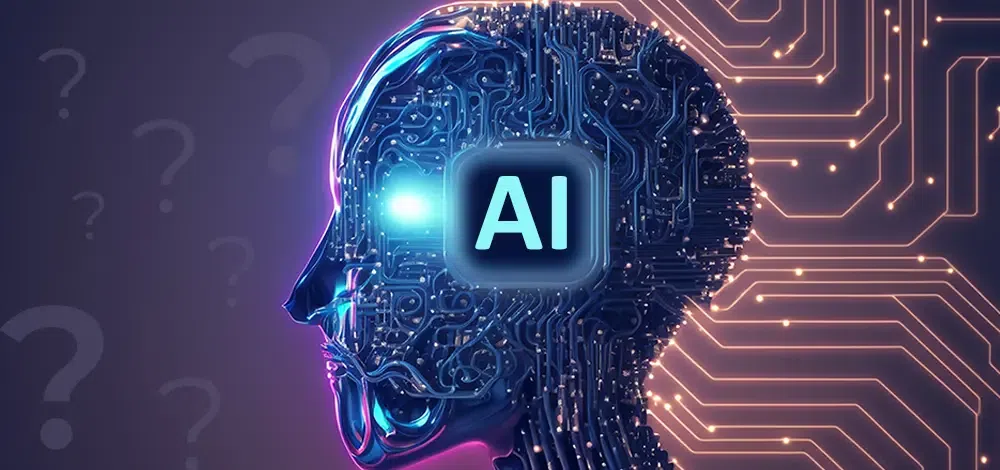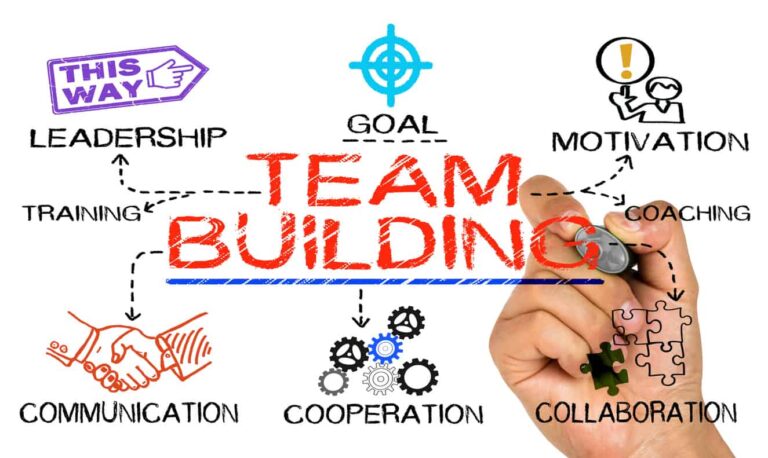What Effect Will AI Have on Construction?
The construction industry, often considered traditional, is on the brink of a technological revolution. Artificial Intelligence (AI) is poised to reshape how we conceive, plan, and construct the physical infrastructure that defines our world. In this extensive exploration, we unravel the multifaceted effects AI will have on the construction industry, from project management to on-site safety, ushering in an era of unprecedented efficiency and innovation.
1. Enhancing Project Planning and Design: The AI Blueprint
AI is set to revolutionize project planning and design processes, offering advanced tools for architects and engineers. Machine learning algorithms analyze vast datasets to generate optimized designs, taking into account factors such as environmental impact, cost-efficiency, and sustainability. This not only accelerates the design phase but also fosters the creation of more resilient and resource-efficient structures.
Tip: Explore AI-powered design platforms that leverage generative design algorithms to iterate through countless design possibilities based on specified parameters.
2. Intelligent Project Management: Navigating Complexity
AI-driven project management is a game-changer for construction. Predictive analytics and machine learning algorithms assess project risks, timelines, and resource allocation, enabling proactive decision-making. Real-time data analysis empowers project managers to identify potential bottlenecks and optimize workflows for increased efficiency.
Tip: Invest in project management software that integrates AI for data-driven insights and predictive analytics.
3. Construction Site Safety: A Smart Shield
Safety is paramount in construction, and AI is emerging as a proactive force in ensuring on-site well-being. Computer Vision technology, integrated with cameras and sensors, can monitor construction sites in real time. AI algorithms detect potential hazards, unsafe practices, and adherence to safety protocols, contributing to a safer work environment.
Tip: Implement AI-powered safety monitoring systems that provide instant alerts for potential hazards, reducing the risk of accidents.
4. Automated Equipment and Robotics: The Rise of Machines
AI-driven automation is transforming construction machinery. From autonomous vehicles and drones for surveying to robotic arms for bricklaying, AI-powered equipment is enhancing precision and efficiency. This not only accelerates construction processes but also reduces labor-intensive tasks, optimizing resource utilization.
Tip: Explore AI-integrated construction machinery that enhances accuracy, speed, and reduces manual labor.
5. Predictive Maintenance: Keeping Operations Seamless
AI’s predictive capabilities extend to equipment maintenance. Machine learning algorithms analyze data from construction machinery to predict potential failures before they occur. This proactive approach minimizes downtime, reduces maintenance costs, and ensures equipment operates at peak efficiency.
Tip: Integrate AI-driven predictive maintenance systems to optimize equipment lifespan and reduce unplanned downtime.
6. Sustainable Construction: Green Building with AI
Sustainability is a growing concern in construction, and AI is a powerful ally in achieving eco-friendly practices. AI algorithms can optimize energy consumption, material usage, and waste management. Additionally, they aid in designing energy-efficient buildings and infrastructure, contributing to a more sustainable construction industry.
Tip: Utilize AI tools that assess and recommend sustainable practices in construction projects, aligning with environmental standards.
7. Cost Estimation and Budgeting: Precision in Finance
AI-driven cost estimation and budgeting tools bring precision to financial planning in construction projects. Machine learning algorithms analyze historical data, market trends, and project-specific variables to generate accurate cost estimates. This minimizes the risk of budget overruns and ensures financial transparency.
Tip: Implement AI-powered cost estimation tools for accurate and data-driven budgeting.
8. Augmented Reality (AR) in Construction: A Vision of the Future
AI and Augmented Reality are converging to redefine how construction professionals visualize and interact with project data. AR overlays digital information onto the physical construction site, providing real-time insights, facilitating collaboration, and enabling immersive training experiences.
Tip: Explore AR applications that enhance on-site visualization, training, and collaboration among construction teams.
Conclusion: The Constructive Future Unveiled
As AI permeates the construction industry, the landscape is undergoing a profound transformation. From intelligent design processes to on-site safety, automation, and sustainability, AI is the catalyst for a new era of construction. Embracing these technological advancements positions the industry on the frontier of innovation, promising enhanced efficiency, reduced costs, and the creation of structures that redefine the boundaries of possibility.
In the construction industry of tomorrow, the blueprint for success is etched with the intricate lines of artificial intelligence—a collaborative symphony of human ingenuity and technological prowess, building a future where construction is not just about erecting structures but sculpting a legacy of innovation and excellence.




